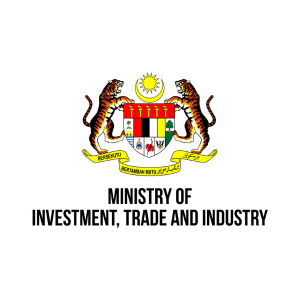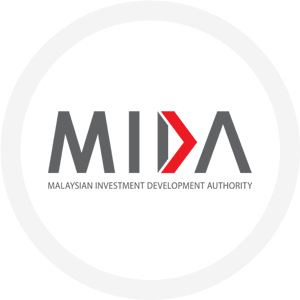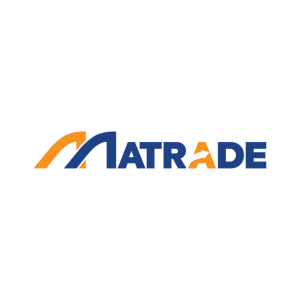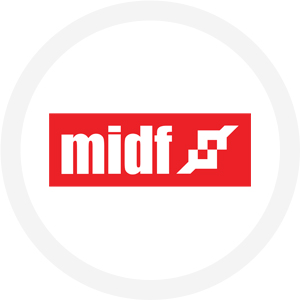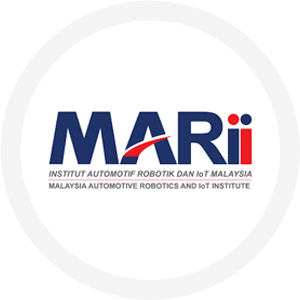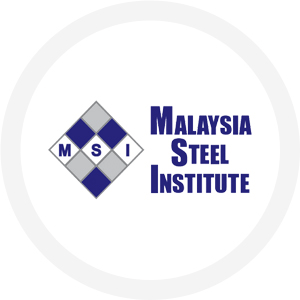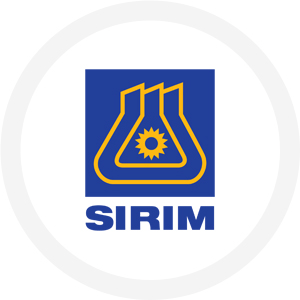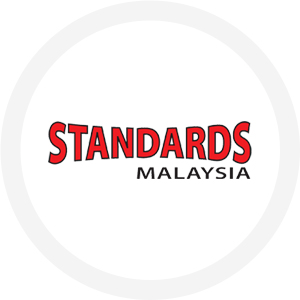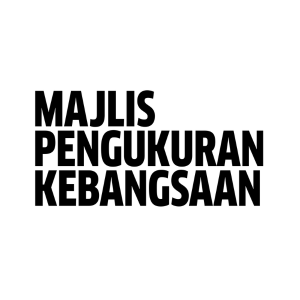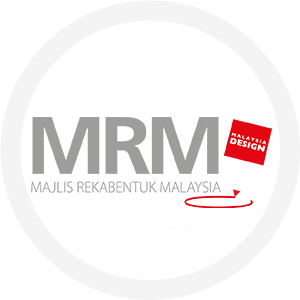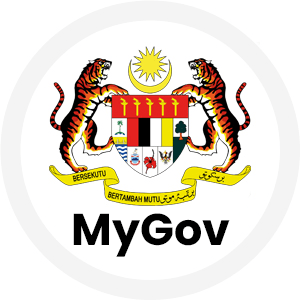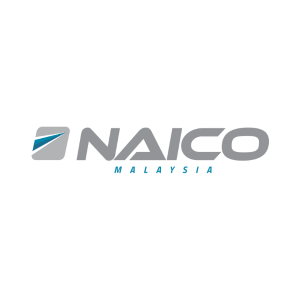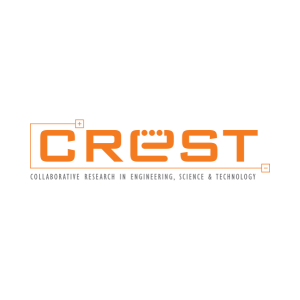The Impact of AI on the Young Workforce : Navigating the Path Forward
24 May 2024, Petaling Jaya – The rise of artificial intelligence (AI) is reshaping the workforce, significantly impacting younger workers entering or establishing themselves in various industries. While AI promises efficiency and innovation, concerns loom over its potential to replace young workers.
AI-driven automation is redefining traditional job roles across industries. Routine and repetitive tasks are increasingly automated, affecting entry-level positions often occupied by younger workers. Roles such as administrative support, data entry, and customer service are particularly vulnerable to AI-powered technologies. Consequently, the young workforce faces job scarcity and heightened competition as AI continues to streamline operations and replace human labour in certain domains.
As AI transforms work, young workers must adapt and acquire new skills to remain relevant in the evolving job market. While AI may replace certain tasks, it also creates opportunities for roles requiring uniquely human skills like creativity, critical thinking, and emotional intelligence. Reskilling initiatives are crucial for the young workforce to transition into roles that complement AI technologies rather than compete with them. Embracing interdisciplinary education, mastering digital literacy, and developing proficiency in emerging technologies are essential strategies for empowering young workers to thrive in an AI-driven economy.
In this context, the Malaysia Productivity Corporation (MPC) plays a crucial role through its various initiatives aimed at enhancing productivity and employability of the young workforce. The Academy in Industry (AiI) programme collaborates with local industries to cultivate a skilled workforce that meets industry requirements. With over 2,000 industries partnering with MPC, job opportunities have been created for 2,600 students across various sectors nationwide. This initiative addresses skills mismatches and offers numerous advantages to industries, including attracting skilled labour and reducing reliance on foreign workers.
Additionally, MPC's advocacy for a progressive wage system in Malaysia aims to establish a sustainable wage structure that rewards skill acquisition and productivity improvements. This approach not only ensures fair compensation for young workers but also incentivizes continuous learning and professional development, which are essential in an AI-driven economy.
Furthermore, the Productivity Nexus initiative by MPC encourages industry-specific strategies to enhance productivity and innovation. By fostering collaboration among stakeholders in key sectors, this initiative seeks to create an ecosystem that supports the growth and competitiveness of the workforce, including young workers, in the face of AI-driven changes.
Director General of MPC, Zahid Ismail said, ‘’Despite concerns about AI-driven automation, there are immense opportunities for the young workforce to harness AI's potential for innovation and productivity. AI technologies can augment human capabilities, enabling young workers to focus on higher-value tasks, problem-solving, and creative endeavours. Moreover, AI presents opportunities for entrepreneurship, as young innovators leverage technology to develop scalable solutions, disrupt industries, and create new economic opportunities.’’
In conclusion, the impact of AI on the young workforce is multifaceted, encompassing both challenges and opportunities. While AI-driven automation may disrupt traditional job roles and pose socioeconomic challenges, it also presents avenues for skill adaptation, innovation, and inclusive growth. Navigating this landscape requires proactive measures, including reskilling initiatives, equitable access to opportunities, and a forward-thinking approach to education and policymaking. By embracing AI's transformative potential and fostering a culture of lifelong learning and adaptability, the young workforce can thrive in the era of AI-driven automation.
End.
About Malaysia Productivity Corporation (MPC)
MPC is a statutory body under the Ministry of Investment, Trade and Industry (MITI). It drives national productivity holistically at the national, sectoral, and enterprise levels through three main thrusts: developing future talent, driving digitization and innovation, and building a robust ecosystem. It collaborates strategically with the private and public sectors by emphasising productivity as a key agenda to boost productivity growth and national competitiveness, ultimately leading to shared well-being and prosperity.
For media inquiry:
Media Management Unit
media@mpc.gov.my







